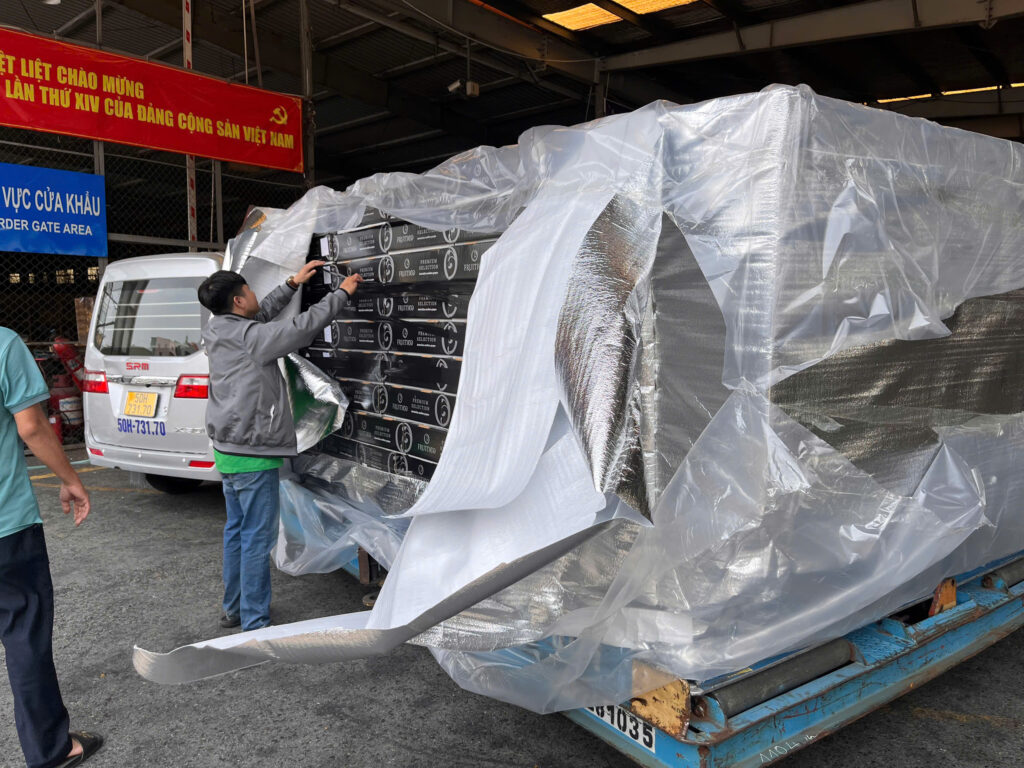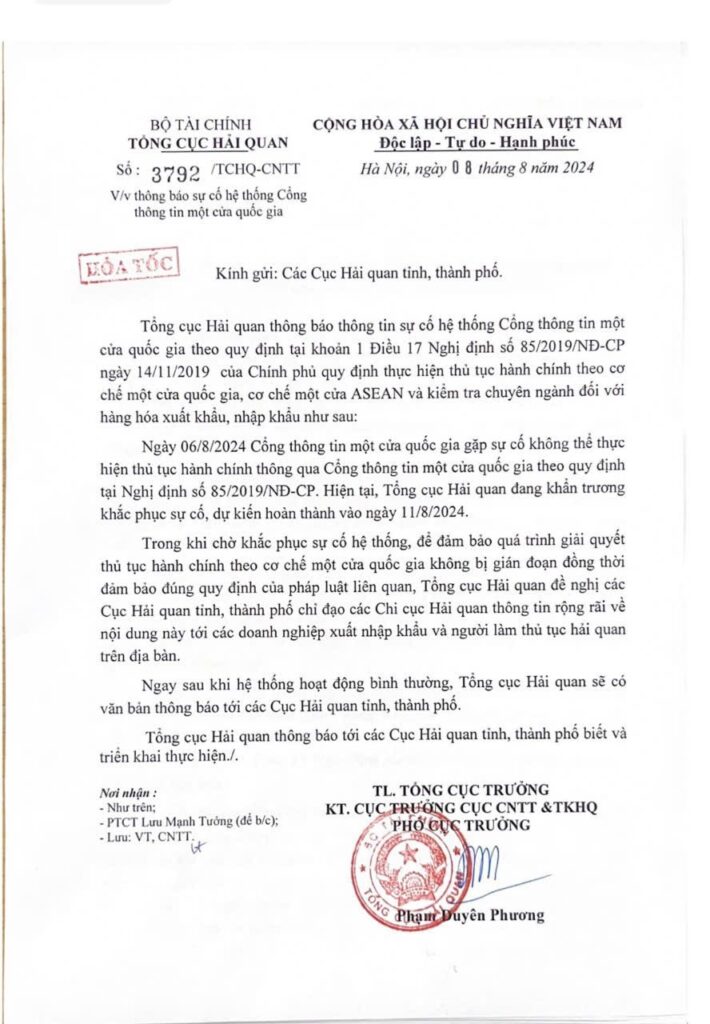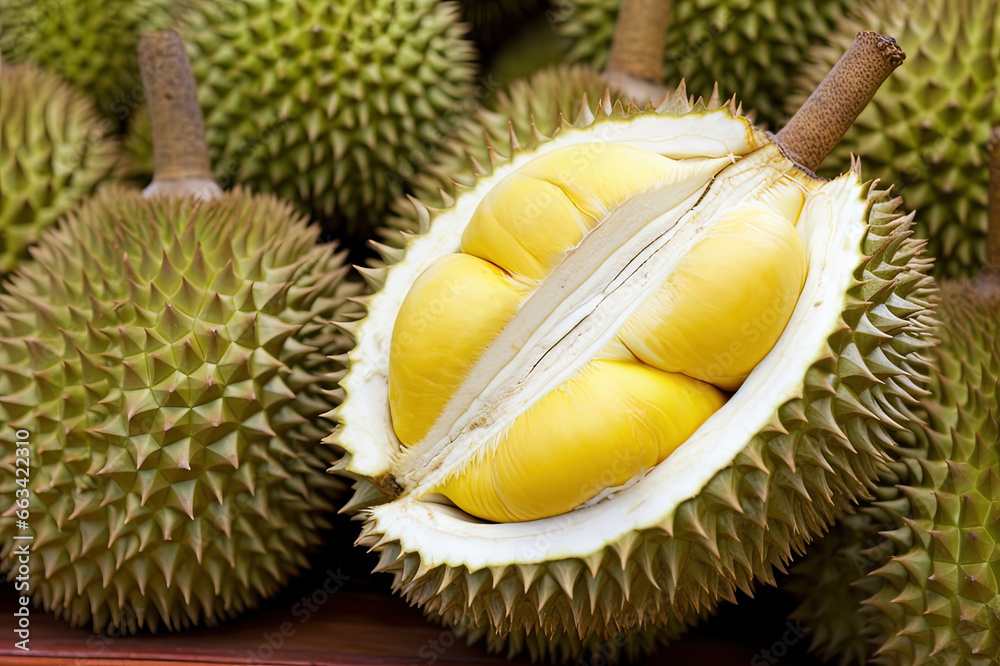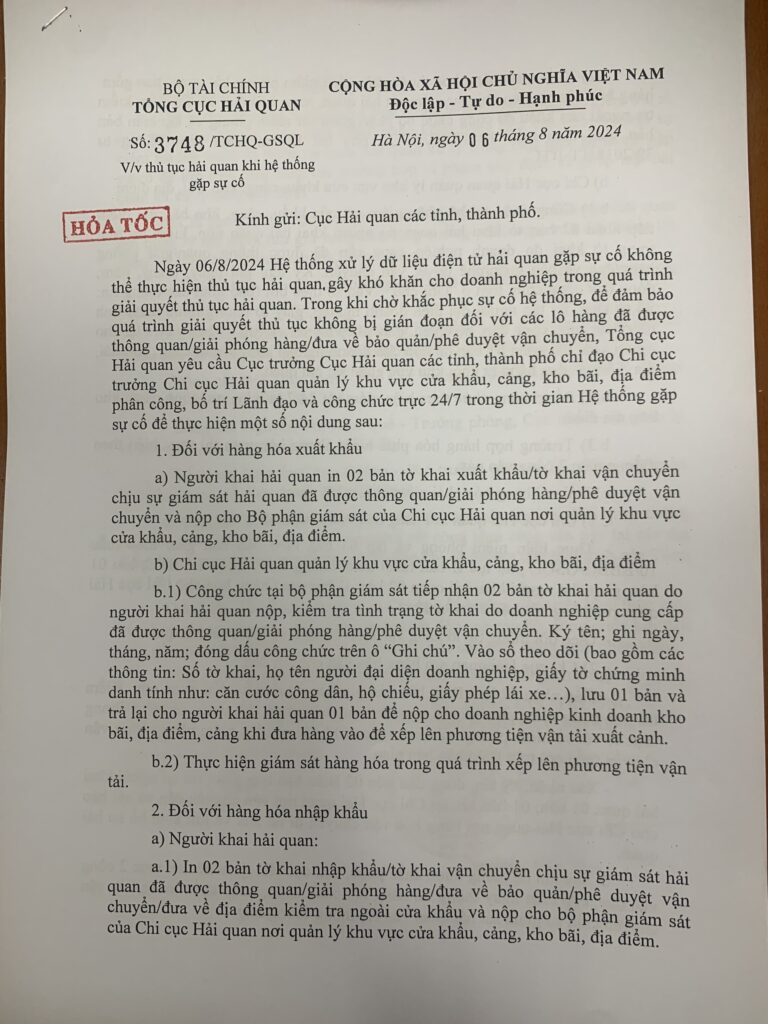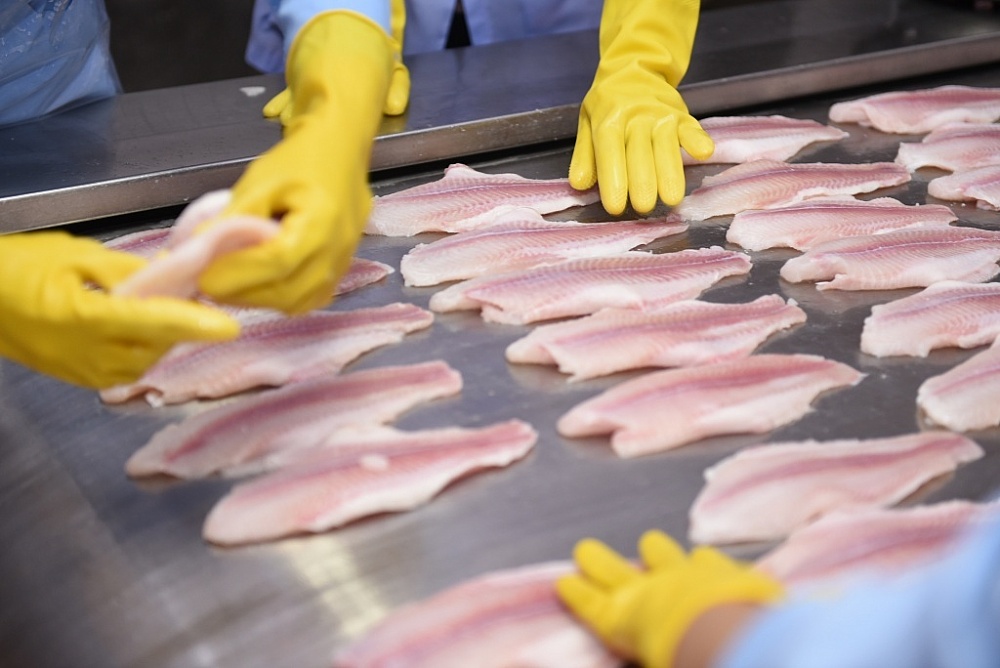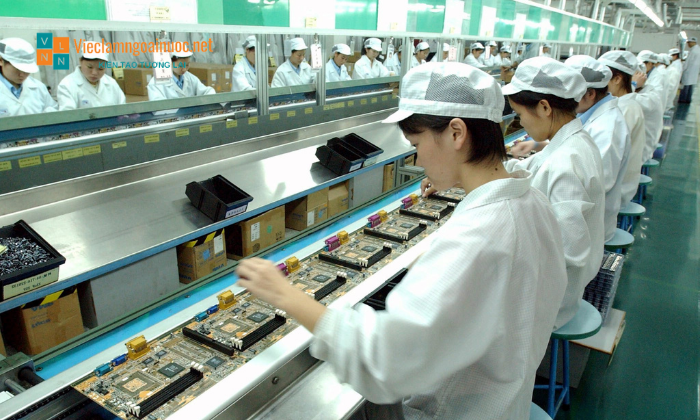To meet the strict standards of Muslim (Halal) markets, the domestic livestock industry needs to improve from production processes, quality control to specialized human resource training.
Opportunity to access the Halal market
As part of the Conference program to promote the export of animals and animal products organized by the Ministry of Agriculture and Rural Development and the People's Committee of Tay Ninh province, many enterprise has enthusiastically proposed solutions to promote the export of animal products in particular and agriculture in general to the Halal market.
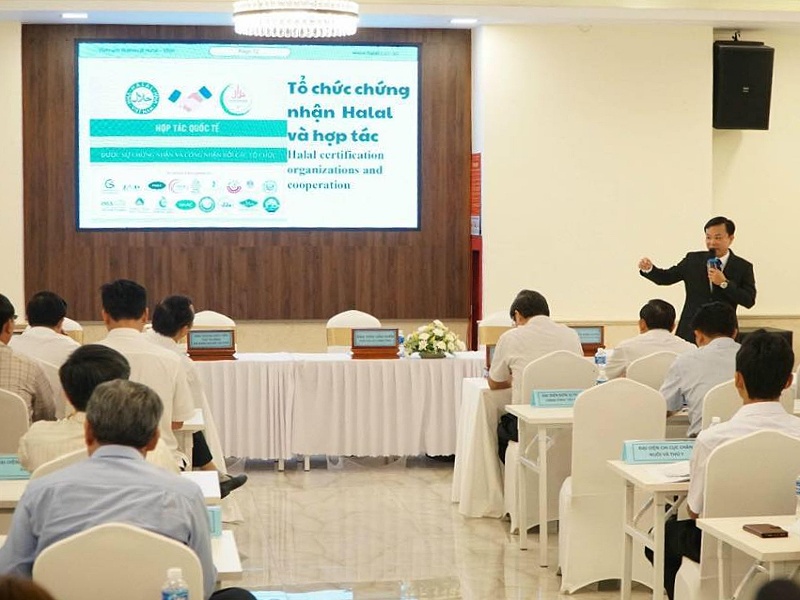
Representative of Binh Phuoc CPV Company, one of the dynamic enterprises in poultry export, shared that in 2023 alone, the factory's export sales have increased more than 3 times compared to 2021 and exports going to markets including Japan, Hong Kong, Laos, Cambodia...
In particular, CPV Food Binh Phuoc farms are closely inspected and monitored by the state veterinary agency and with close inspection by the company. Each batch of chickens when leaving the farm is randomly sampled to ensure that the criteria for avian influenza, NDV, AI, Antibio, and pesticides meet the standard requirements of the government and exporting countries for the production and processing of finished products. safe for people consumption use.
After 3 years of operation, the factory achieved the following certifications: ISO 9001, ISO 22000, GFSI such as BRC and FSSC. Currently, Binh Phuoc Food Joint Stock Company is also one of the few enterprises in the livestock industry that has achieved international Halal standard certification.
In addition, the markets the company is exporting to, the Halal Muslim market, also require certification from the Halal organization; in the EU and UK markets, they require additional animal welfare requirements to be approved. It is a reputable organization in the market that issues certification.
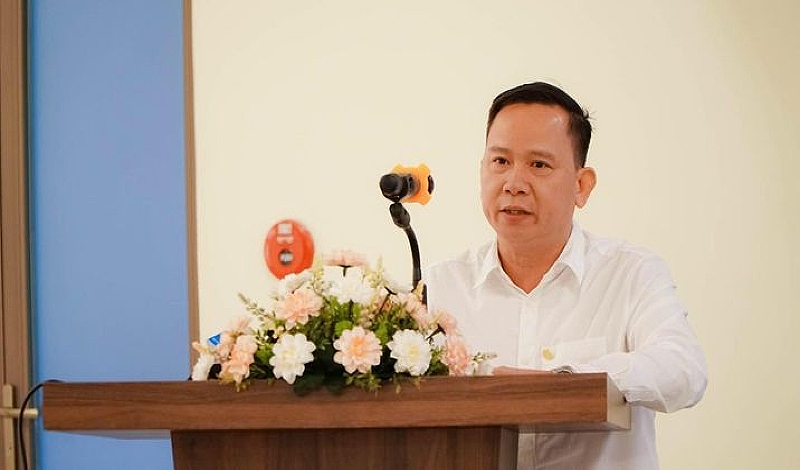
“Each country sets different standards, so the negotiation process is long, taking a lot of time and opportunities for businesses. Let the product come to you market Halal, requested the Ministry of Agriculture and Rural Development and the Department of Veterinary Medicine: Introduce avian influenza and Newcastle disease-free zones on the World Organization for Animal Health (WOAH) website, and develop geographical indications for countries to use. early approval of fresh frozen meat. Continue to negotiate effectively with the market to maximize products according to market demand...", Mr. Nguyen Van Cam emphasized.
According to a representative of De Heus Group, it is currently coordinating with Vietnamese livestock enterprises and farmers to build a broiler chicken production chain with the desire to provide the domestic and export markets with clean, safe products. complete, with traceability.
De Heus's strategy in the coming time will invest focusing on sustainable slaughterhouses and processing facilities across Vietnam to complete the broiler production chain to support output for farmers.
Currently, De Heus has a slaughterhouse in the North. In 2024, the Company will invest in more slaughterhouses and processing plants in the South and aim to export. The Group is also actively coordinating with the Ministry of Agriculture and Rural Development, specialized agencies, and consulting organizations to develop standards suitable for importers.
In addition, the group also wants to build solutions to export chicken meat, products processed from chicken meat, and poultry eggs to Muslim countries (Halal market) and other potential markets.
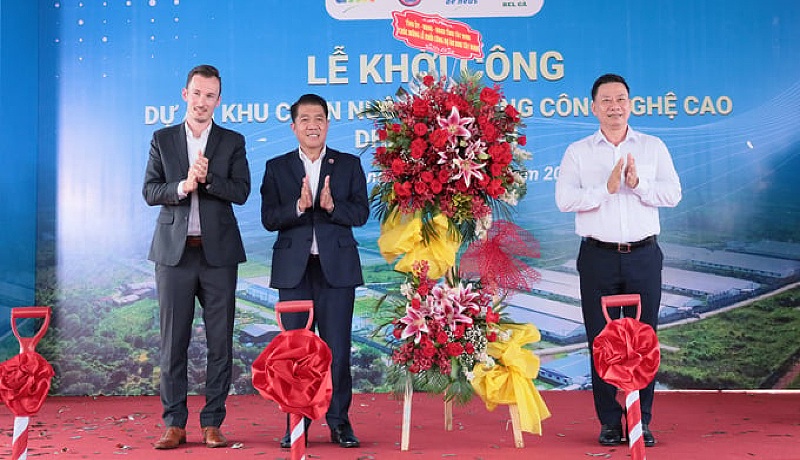
Mr. Rasmus Hansen, Director of Food, De Heus, said that the company has prepared to sign a cooperation document with two Muslim countries to export poultry meat products to export sustainable animal products. solid. “We hope the Vietnamese government will support consulting on veterinary requirements, food safety, and standards of export-oriented countries, especially the standards of Halal countries, as well as support information. News about countries accepting chicken meat exports from Vietnam," Mr. Rasmus Hansen hoped.
Exploit and expand export routes
Mr. Tran Van Tan Cuong, Director of Vietnam National Halal Company, said that Vietnam National Halal Company is currently the representative office of international Halal certification agencies from countries with Halal standards. strict, with high international reputation is IHC (Dubai - UAE office, authorized by SFDA - Saudi Arabia); BPJPH- Indonesia and next year is JAKIM-Malaysia. Products that pass this certification can pass customs clearance in difficult markets such as Malaysia, Indonesia, the Middle East...
Mr. Cuong added that with a population of more than 2 billion people, the Muslim market is becoming more attractive than ever. Therefore, the Halal industry is one of the strong trends in the world market.
For food, the Halal standard requires that the preparation of Halal food must comply with Islamic rules and that the integrity, safety and hygiene of the product is maintained throughout the supply chain rather than simply just input materials.
“There is no unified Halal standard in more than 200 Muslim-inhabited countries in the world. Many Muslim-majority countries appear to adhere to their Halal standards and are not necessarily compatible with the Islamic standards of other countries.
For example, with JAKIM's MS 1500-2029 standard set, certified products will only enter the Malaysian market, the HAS 23000 standard set will only enter the Indonesian market, and the GSO 2055-1 standard set announced by SFDA will can enter Middle Eastern countries. If businesses want to ensure customs clearance of goods with remaining Muslim countries, they need to make two simultaneous certifications, HAS and GSO," Mr. Cuong noted.
For animal husbandry and meat processing businesses, attention must be paid to standard processes from Farm to Feed. For example, for businesses processing animal feed, the process of purchasing, processing, and bringing ingredients into production must pay attention to avoiding importing ingredients that are taboo for Muslims such as animal blood, ingredients derived from pigs...
Vietnam's biggest limitation in penetrating the Halal market is that the proportion of Muslims is very low and very few of them are trained in the Halal certification process. However, that does not mean that Vietnam does not have opportunities to exploit this market.
“The most important condition is that countries and businesses are clearly aware of the importance and ability of the Halal industry to contribute to the country's revenue. From there, strengthen training activities, investment promotion, and negotiations to open Vietnamese agricultural products as well as other industries to this potential market," Mr. Tran Van Tan Cuong shared.
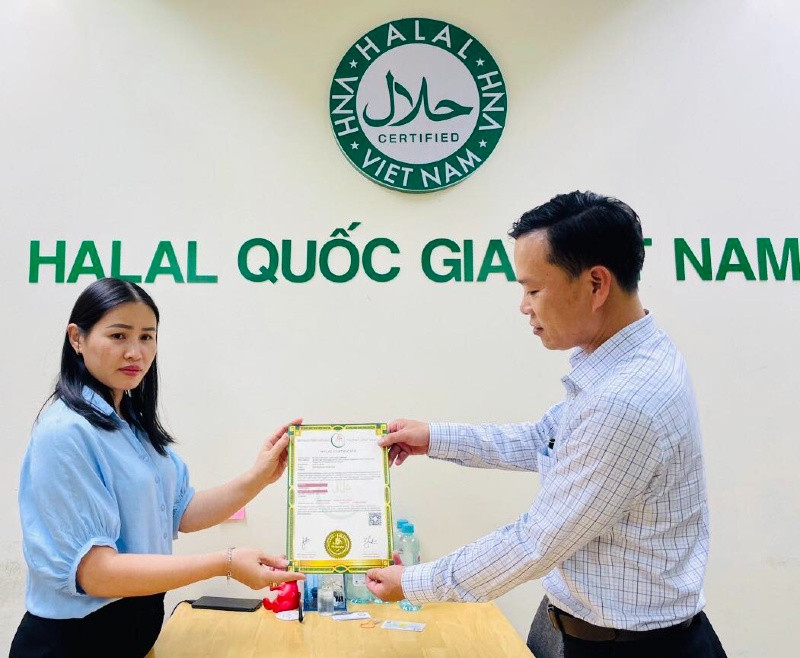
At the conference, Mr. Nguyen Van Long, Director of the Department of Animal Health, said that Saudi Arabia and Vietnam have built a strong relationship, becoming important regional partners of each other. Saudi Arabia is one of the partners economy Vietnam's leading role in the Middle East.
At the request of the business, the Department of Animal Health contacted the Saudi Arabian and Nigerian Authorities to request to provide requirements and procedures to negotiate the export of Halal products. As a result, Nigeria's Ministry of Industry, Trade and Investment is coordinating with relevant authorities to develop a roadmap and Halal certification process in Nigeria and will share information with the Department of Animal Health. related after completion.
Source: Online Investment

